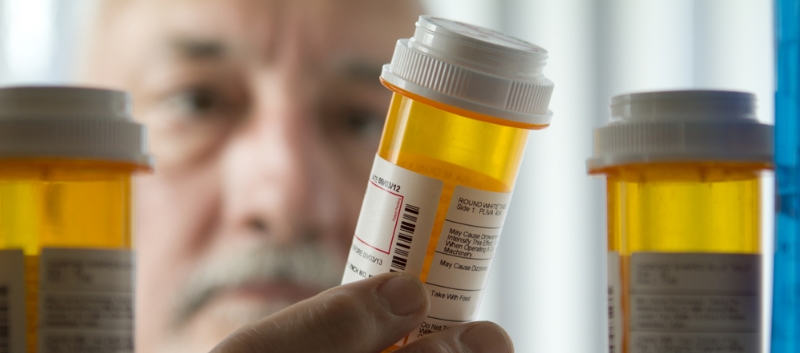The Food and Drug Administration (FDA) is taking necessary actions, including regulatory and advisory actions, to prevent the presence of nitrosamine impurities in angiotensin II receptor blockers (ARB) following recent recalls that have raised concerns among patients, the medical community, the FDA and international regulatory bodies.
In a press statement, the FDA clarified that the risk of cancer associated with exposure to nitrosamine impurities was likely much lower than what was initially assessed. “We initially estimated that if 8000 people took the highest valsartan dose (320mg) containing N-Nitrosodimethylamine (NDMA) from the recalled batches daily for 4 years, there may be 1 additional case of cancer over the lifetimes of those 8000 people” stated Janet Woodcock, MD, director of the Center for Drug Evaluation and Research. “In reality, the vast majority of patients exposed to NDMA through ARBs received much smaller amounts of the impurity than this worst-case scenario, and, since not all ARBs are affected, it’s very likely that a patient taking an ARB for 4 years would not have always received one of the affected products.”
In their ongoing efforts to resolve this safety issue, the FDA is working in close collaboration with global regulatory partners, including the European Medicines Agency (EMA), Health Canada, and many others, to evaluate the controls in place and publish guidance on preventing unacceptable levels of nitrosamine in drugs. Recently, the FDA issued a warning letter to Lantech Pharmaceuticals Limited in Telangana, India for current good manufacturing practice violations for the production of valsartan active pharmaceutical ingredient (API). The Agency also implemented an import alert to Lantech in June 2019 to prevent its API from legally entering the US.
Additionally, the FDA plans to adjust inspections of API sites to include enhanced evaluation of impurity controls to prevent unacceptable levels of nitrosamine in medications. The Agency has also conducted multiple unannounced, for-cause inspections at various API manufacturers to ensure appropriate procedures and standards are being met.
“Ultimately, our goal is to be certain that no ARBs with unacceptable impurity levels reach patients,” said Woodcock. “Based on our current assessments, including lab testing, the agency has identified 43 ARB medications that have been determined not to contain any nitrosamine impurities. As we continue our assessments and as companies continue to manufacture ARBs without nitrosamine impurities to replenish the US supply, we expect this figure to rise.”
A list of recalled ARB products can be found here.
For more information visit fda.gov.
This article originally appeared on MPR
